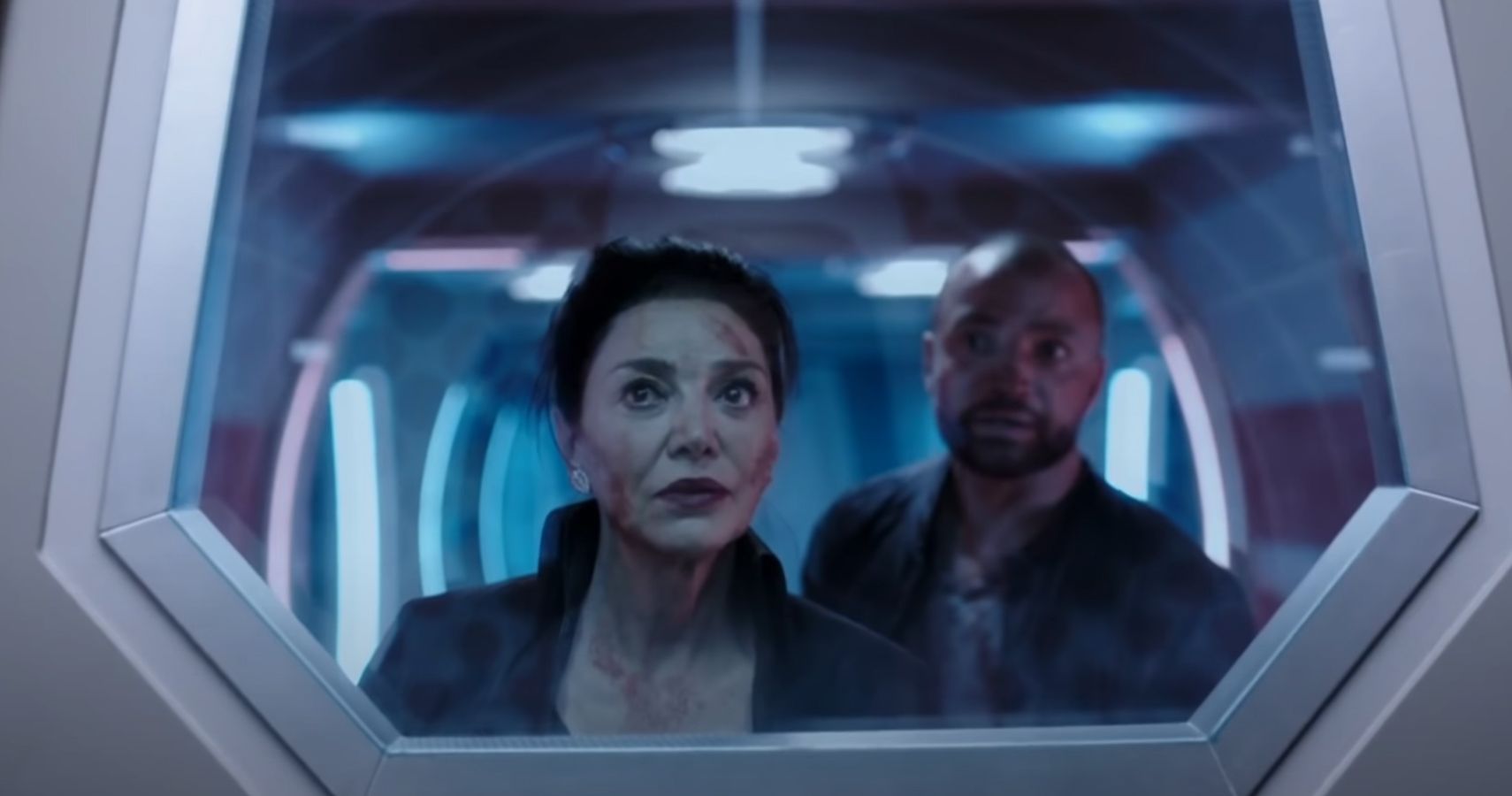
While Mass Effect and The Expanse both saw their beginnings over a decade ago, it wasn’t until my miserable lockdown experience that I began to seek out something new for that sci-fi itch and I found the latter. While Mass Effect will likely always hold that spot at number one for my favorite space opera game, it’s The Expanse that has quickly climbed to the ranks as a new love. In both, its novelization and television series, the work from James S. A. Corey has dethroned the likes of personal favorites such as Stargate, Star Trek, and Star Wars. While there are plenty of ways in which they both differ, it’s The Expanse that has filled the hole in my heart left by Bioware post-Mass Effect 3.
Related: The Keepers Are Mass Effect's Most Interesting Race
I was never someone left dissatisfied by Mass Effect 3’s ending. In fact, I actually loved it and maintain it was a fitting conclusion to the trilogy, but regardless of how you feel about the finale, Mass Effect 3 was almost a decade ago. Bioware’s next entry, Andromeda, is a middling continuation that I can only summarize as fine, I guess. As someone who has endlessly replayed the trilogy, even prior to its Legendary Edition release, it’s hard to deny that modern Bioware is lacking, and I’m desperate for the satisfaction Mass Effect once brought me.
That’s where The Expanse comes in, and I sincerely regret not grabbing the first novel back in Mass Effect’s heyday. Much to my delight, I discovered the series at the pinnacle of my misery during 2020’s new lockdown. My partner and I binged all four seasons in just a couple of weeks, which led me to promptly order all of the novels released thus far. It’s a brilliant mishmash of the unreal and the real, an extremely unbelievable tale in a believable world. The Expanse is a departure from the silliness of Star Wars, taming its more omnipotent forces in a way that keeps them realistic enough that it plays by some of daily life’s actual rules. So, it’s more in tune with Mass Effect, dancing between space magic and science instead of fully embracing one or the other.

Both series deal with an otherworldly threat that the galaxy is slow to respond to, but it’s not even its most obvious similarities that satisfy anything ME Trilogy blues. The drama and thrill of character relationships outshine a lot of the hey-we’re-on-mars bits. The setting and worldbuilding of The Expanse are just as thrilling as what you encounter in Mass Effect, and I’ve always been far more interested in the political intrigue and chain of chaos set off by the threat of the Reapers than the Reapers themselves. The same goes for how the cast of The Expanse responds to the Protomolecule, the original big bad for that world. Neither the Protomolecule nor the Reapers are too gripping alone, but serve their purpose as an ever-looming existential threat that serves as a device to drive the far more interesting plot points along.
While it’s true The Expanse lacks a ragtag crew of alien companions, arguably one of Mass Effect’s biggest draws, it makes up for it in plenty of other ways. Humans are volatile enough, there’s no need to throw other species in there to keep things interesting, and the two-man duo behind the pen name James S. A. Corey knows that. You’ve got people living on Earth, Mars, and within our galaxy’s Asteroid Belt, shortened to just the Belt. The two superpowers, Earth and Mars, struggle to form a united front, even in the face of danger, and they both rely on exploiting the people of the Belt. While I found Mass Effect’s struggle to unite a bunch of alien races together to face the Reapers to be exciting, it’s the Expanse that tells a more compelling story here. You may not get those extraterrestrial encounters, but both the television series and the novels of The Expanse work fine without them. It wasn’t even until I was well into the series that I realized I was even missing those moments from Mass Effect.

My favorite bits of Mass Effect and The Expanse are the weird moments where they feel like they’re a bit more closer to this galaxy than a galaxy far, far away. The silly struggle to rationalize super-fast space travel, the pseudo-science behind otherworldly infections, the painfully accurate portrayals of humans refusing to unite – all of it, these are the ways that the Expanse and the original Mass Effect trilogy relate loosely. I’m far more drawn in by the shared themes, than oddly specific plot points that bear similarities (especially considering that’s every other sci-fi series, anyway). Whether you’d rather read it or watch it, The Expanse doesn’t disappoint, and if you’re a bored Mass Effect fan, it’ll certainly tide you over.



